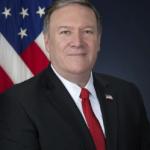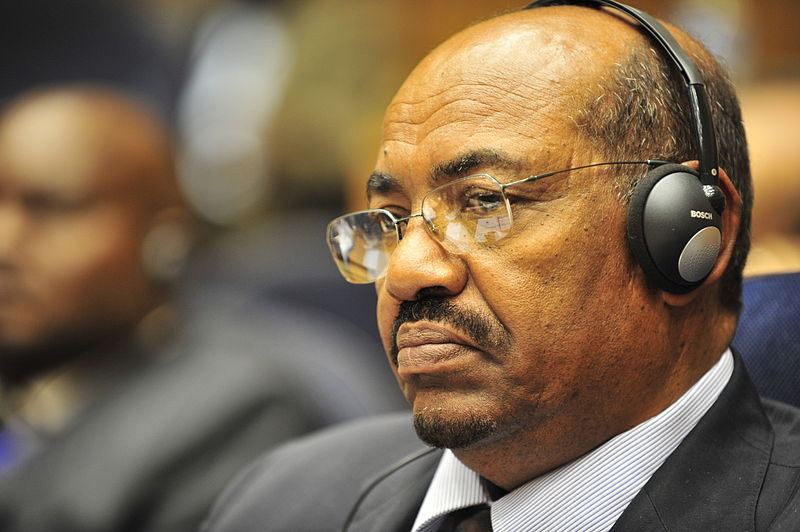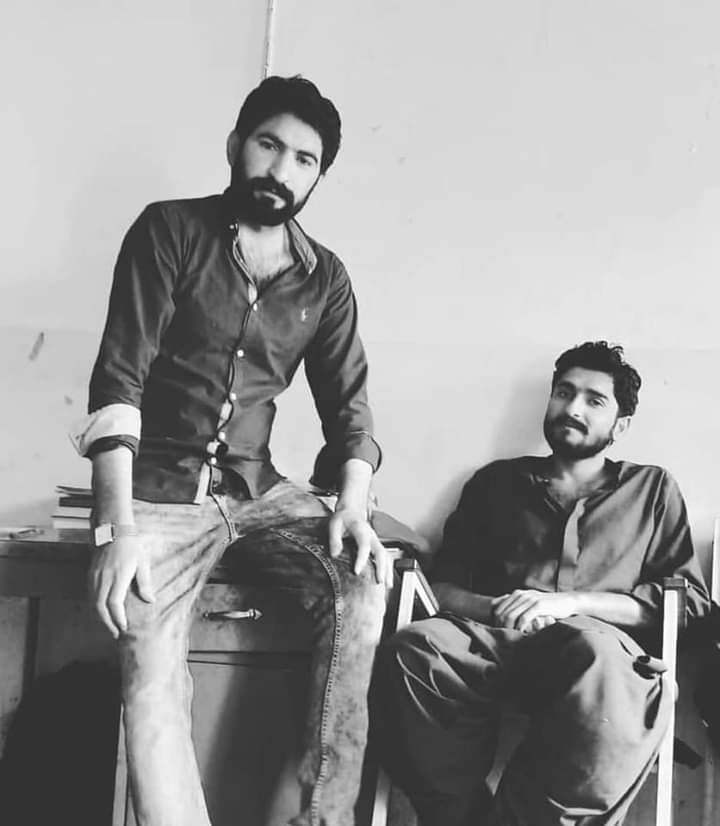Donald Trump’s administration has rejected a US Senate resolution formally recognising the mass killings of Armenians between 1915-1923 as genocide, despite a unanimous vote by US lawmakers acknowledging it as such.
Before the resolution was passed, the Trump administration requested Republican senators to block the passage several times on the basis that it would jeopardise negotiations and relationships with Turkey.
However, in a statement given on Tuesday, State Department spokeswoman Morgan Ortagus insisted that the US position on the matter did not change. "The position of the administration has not changed. Our views are reflected in the president's definitive statement on this issue from last April," she said. The Armenian Prime Minister, Nikol Pashinyan, applauded the passage of resolution as "a bold step towards serving truth and historical justice".
Earlier this year in April, Mr Trump paid tribute to the victims on the anniversary of the killings with a statement. He described the killings as of "one of the worst mass atrocities of the 20th century" but did not label it as a genocide. Instead he urged for Armenians and Turks to "acknowledge and reckon with their painful history."
The Senate resolution, which was passed last week on Thursday, prompted a response from Turkey officials who denied the events of 1915 – that led to the mass killing of 1.5 million Armenians at the hands of the Ottoman Empire – would be classed as a genocide. Turkey also argued that the number of Armenians killed was closer to 300,000.
The Turkish Ministry of Foreign Affairs released a statement in response to the resolution, describing it "devoid of historical awareness and any legal base" while also warning of the implications it may have in any future US-Turkey relations.
Turkish President Recip Tayyip Erdogan retaliated to the passage of the resolution with a bold statement. He branded that the resolution as “simple”, “worthless” and the "biggest insult" to Turkish people, adding that it is binding to the president hence should be ignored by him. Mr Erdogan threatened to close "if necessary," two US military installations in Turkey - the Incirlik Air Base, where US troops are deployed, and the Kurecik Radar Station, which is used by NATO, if the United States decides to enforce sanctions. He also contended in response to the genocide claims that the US should recognise the killings of Native Americans, "Can we speak about America without mentioning [Native Americans]? It is a shameful moment in US history," he said.
Despite Mr Erdogan’s controversial human rights reputation, Mr Trump has maintained that he was a “big fan” of Mr Erdogan, most recently visiting him in Washington DC overlooking calls to condemn Mr Erdogan for his involvement in the invasion of North-east Syria. While previous US president Barack Obama vowed to recognise the Armenian killings as a genocide, he failed to follow through with that promise after being elected.
Read more here, here and here.











.jpeg)






